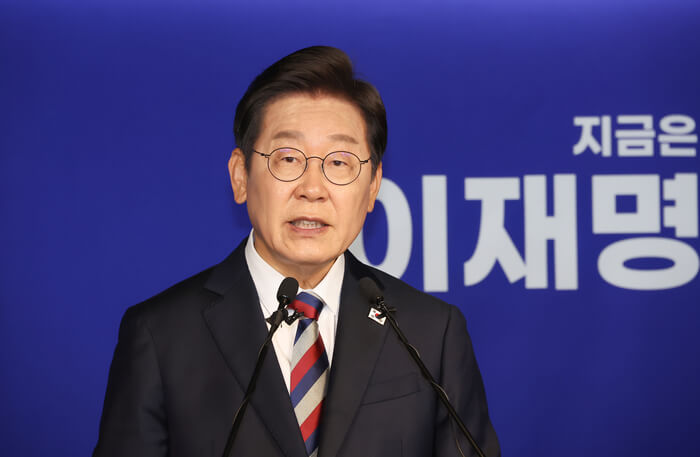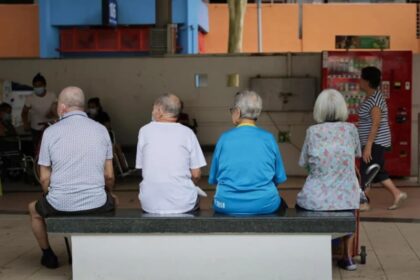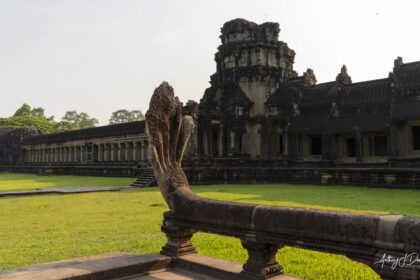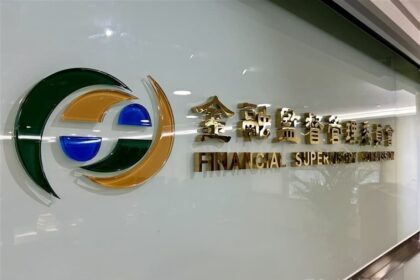South Korea Elects Lee Jae-myung After Months of Turmoil
South Korea has elected opposition leader Lee Jae-myung as its new president, marking a dramatic turning point after months of political chaos triggered by a failed martial law attempt. The snap election, held exactly six months after former President Yoon Suk Yeol’s controversial bid to seize power, saw a record voter turnout and a decisive rejection of authoritarianism. Lee’s victory signals a new chapter for Asia’s fourth-largest economy, but also presents daunting challenges for a nation deeply scarred by recent events.
How Did South Korea Reach This Crisis Point?
The roots of this extraordinary election lie in the events of December, when then-President Yoon Suk Yeol declared martial law in a move that shocked the nation and evoked memories of South Korea’s past military dictatorships. The declaration, intended to suppress political opposition, was met with mass protests and swift resistance from both the public and parliament. Lawmakers, led by Lee Jae-myung, blocked Yoon’s order, and within days, Yoon was impeached and removed from office by the Constitutional Court. The aftermath left South Korea without a permanent president, cycling through several acting leaders and deepening political polarization.
During the campaign, Lee Jae-myung, the main opposition candidate from the Democratic Party, became a symbol of resistance. He campaigned in a bullet-proof vest, surrounded by heavy security, after receiving credible death threats and surviving an assassination attempt. His rallies featured bullet-proof glass and vigilant rooftop security, underscoring the tense atmosphere and the stakes of the election.
Election as a Referendum on Democracy
This election was widely seen as a referendum on Yoon’s failed martial law and the ruling People Power Party’s (PPP) response. The PPP, instead of distancing itself from Yoon, nominated Kim Moon-soo, a former labor minister who had defended Yoon’s actions. This decision further alienated voters, many of whom viewed the party as complicit in the attempted power grab.
Lee Jae-myung’s campaign capitalized on public anger, promising constitutional reforms to prevent future abuses of power. He pledged to make it more difficult for any president to declare martial law and vowed to restore faith in South Korea’s democracy. “We must prevent the return of the rebellion forces,” Lee urged at a recent rally, echoing the sentiments of many voters who saw the election as a chance to safeguard democratic norms.
Voter Turnout and Public Sentiment
Nearly 80% of South Korea’s 44.39 million eligible voters cast ballots—the highest turnout since 1997. Many citizens, including first-time voters and those previously disengaged from politics, were galvanized by the crisis. “I didn’t like Lee before, but since martial law I now trust and depend on him,” said Park Suh-jung, a 59-year-old voter attending her first political event. Others, even those from rival parties, crossed lines to support Lee, viewing him as the only candidate capable of ending the turmoil.
Lee’s Victory and the Road Ahead
With over 99% of votes counted, Lee secured 49.3% to Kim Moon-soo’s 41.3%, according to the National Election Commission. Kim conceded defeat, and Lee addressed supporters outside parliament, promising unity and economic revival. “We can overcome this temporary difficulty with the combined strength of our people, who have great capabilities,” Lee said.
Lee’s win is not just a personal comeback—he narrowly lost to Yoon in the 2022 election—but also a clear rebuke of the ruling party’s handling of the crisis. Analysts note that voters were less motivated by Lee’s policy agenda and more by a desire to restore democratic order. “The election became a vehicle for expressing outrage… [and] was a clear rebuke of the ruling party, which had been complicit in or directly responsible for the martial law measures,” said Park Sung-min, a political consultant.
Challenges Facing the New President
Despite his mandate, Lee faces significant hurdles. The country remains deeply polarized, with lingering divisions between supporters of the ousted president and those demanding reform. Lee himself is a controversial figure, facing ongoing legal cases, including a Supreme Court trial over alleged election law violations. While South Korean presidents are generally immune from prosecution while in office (except for insurrection or treason), the legal uncertainty could cast a shadow over his term.
Lee’s policy platform has shifted toward the center, emphasizing pragmatic diplomacy and economic reform. He has promised to strengthen the U.S.-Korea alliance, continue engagement with Japan, and seek dialogue with North Korea. However, he must also navigate tense trade negotiations with the U.S., especially as President Donald Trump pushes for new tariffs and demands that South Korea pay more for hosting U.S. troops.
Broader Implications for South Korea’s Democracy
The election’s outcome is expected to trigger significant policy shifts and possibly constitutional reforms. Both major candidates had called for amending the constitution to limit presidential powers, reflecting bipartisan recognition of the dangers exposed by the recent crisis. Lee has proposed moving to a four-year, two-term presidency and decentralizing executive authority—changes that could reshape South Korea’s political system for decades to come.
Restoring public trust and healing political divisions will be Lee’s greatest challenge. As one voter put it, “I hope we have the power to save [our democracy] and make it greater than before. My vote is a piece of power.” The coming months will test whether Lee can deliver on his promises and guide South Korea toward a more stable and inclusive future.
In Summary
- Lee Jae-myung won South Korea’s snap presidential election, defeating Kim Moon-soo by a wide margin.
- The election was triggered by former President Yoon Suk Yeol’s failed martial law attempt and subsequent impeachment.
- Voter turnout reached nearly 80%, reflecting widespread public engagement and anger over the crisis.
- Lee campaigned on restoring democracy, constitutional reform, and pragmatic foreign policy.
- Major challenges ahead include uniting a polarized nation, managing legal uncertainties, and navigating complex international relations.











